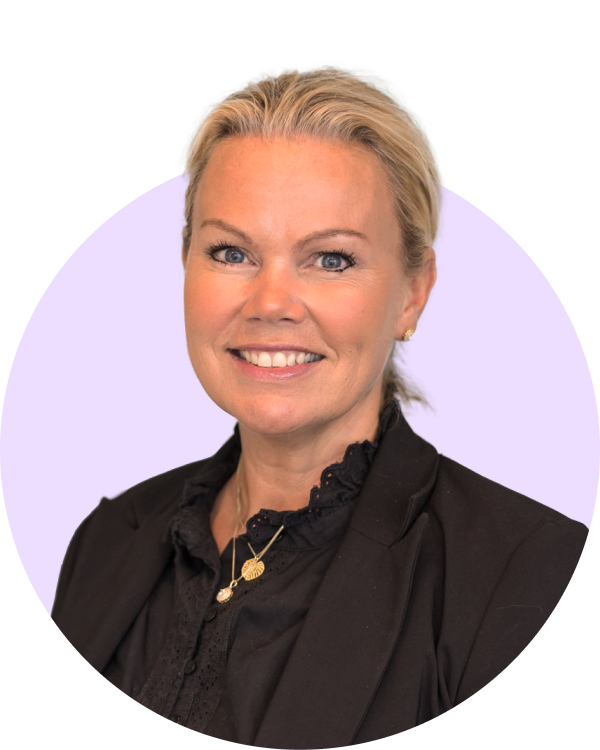Lena Drange Nesland
Teaching the importance of recovery and sleep
Lena Drange Nesland is the sleep and absence-from-work expert who develops and quality-assures sickness absence projects at Avonova. Over the past ten years, she has pioneered a holistic method for preventing and managing workplace absence. The premise is that sleep must be integrated as a central component in a systematic focus on the work environment.



